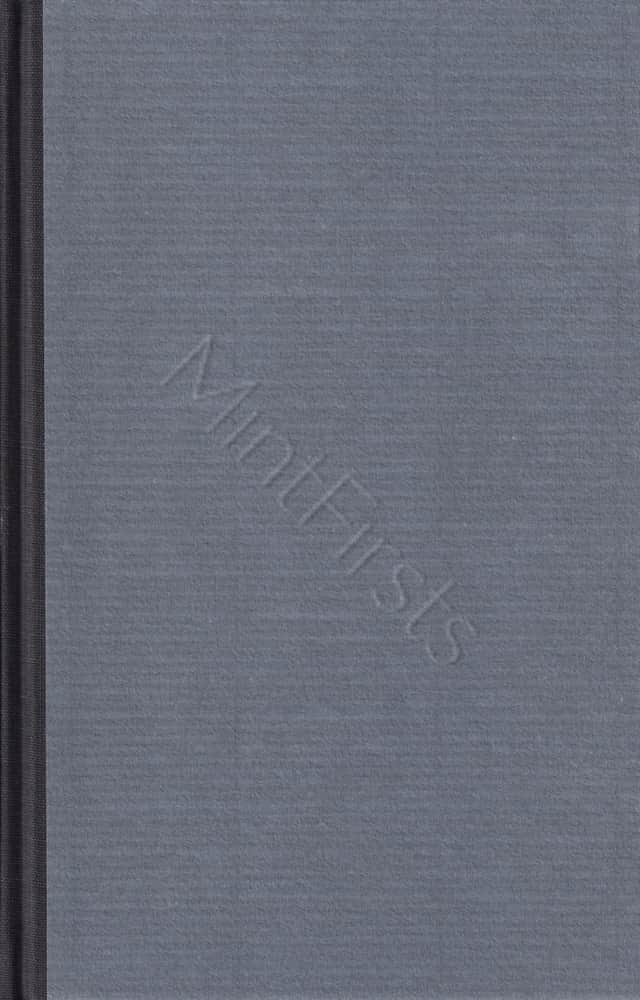Established
2004
Relaunched
2024
Our booksHow we tradeAbout usCredits & thanksYour account
- Home page
- Our books
- How we trade
- About us
- Credits & thanks
- Your account
- Your cart
MENU
The Spirit Level
Signed limited first edition of Seamus Heaney's The Spirit Level

Seamus Heaney ⦗Seamus Justin Heaney, 1939–2013⦘
Limited first edition. 8vo. Pp. [ix], 70, [1]. Notes and Acknowledgements. Publisher's black cloth-backed grey-blue boards, printed white paper label to spine. The limited first edition, housed in a matching slipcase. #191/350 specially bound copies signed by Heaney to limitation page at rear.
Winner of the 1996 Whitbread Poetry Award. Heaney's first poetry collection after receiving the Nobel Prize for Literature in 1995 "for works of lyrical beauty and ethical depth, which exalt everyday miracles and the living past."
A return to materiality and to story based lyrics, after the visionary excursion of Seeing Things (1991). While still not a full-scale return to the world of sectarian violence – a need for balance, equilibrium, or redress, encoded in the title, is present throughout – the volume contains some of the most outspoken verses of public statement Heaney had written since the 'Bog Poems' (1975). In "Keeping Going", for instance, the murder of a "Part-time reservist," is witnessed by the author's brother – Hugh – to whom the poem is dedicated. This impact of the public on the personal is underscored in the apophthegm articulated by the Watchman observing Agamemnon's return from Troy in "Mycenae Lookout," – one of the two centrepieces of the collection: "No such thing / as innocent / bystanding".
The other, "The Flight Path," originally published in altered form as "For Donald Davie The Flight Path" in PN Review 88 (November-December 1992), on the occasion of the dedicatee's seventieth birthday, includes a celebrated train carriage encounter, revelatory of the author's headstrong determination to plough his own furrow. To his interlocutor's famous question: "When, for fuck's sake, are you going to write / Something for us?" Heaney replies "If I do write something, / Whatever it is, I'll be writing for myself." In Dennis O'Driscoll's Stepping Stones: Interviews with Seamus Heaney (2008), Heaney revealed that the speaker was none other than "the Sinn Féin spokesman Danny Morrison" (p. 257).
Reviewing this book in The New York Times Book Review, Richard Tillinghast noted that Heaney "has been and is here for good... [His poems] will last. Anyone who reads poetry has reason to rejoice at living in the age when Seamus Heaney is writing."
[Brandes & Durkan A65c]
special feature
signed
edition
first edition
format
hardback, limited edition
scarcity
scarce
publisher
Faber and Faber
published in
London
publication year
1996
ISBN
0571178758
height × width
23 × 14.5 cm
genre
poetry
language
English
binding style
quarter cloth
binding state
original binding
condition . . .
mint
of slipcase
fine
GBP£ 500
EUR€ 574
USD$ 676
ref.7H6 Q7R